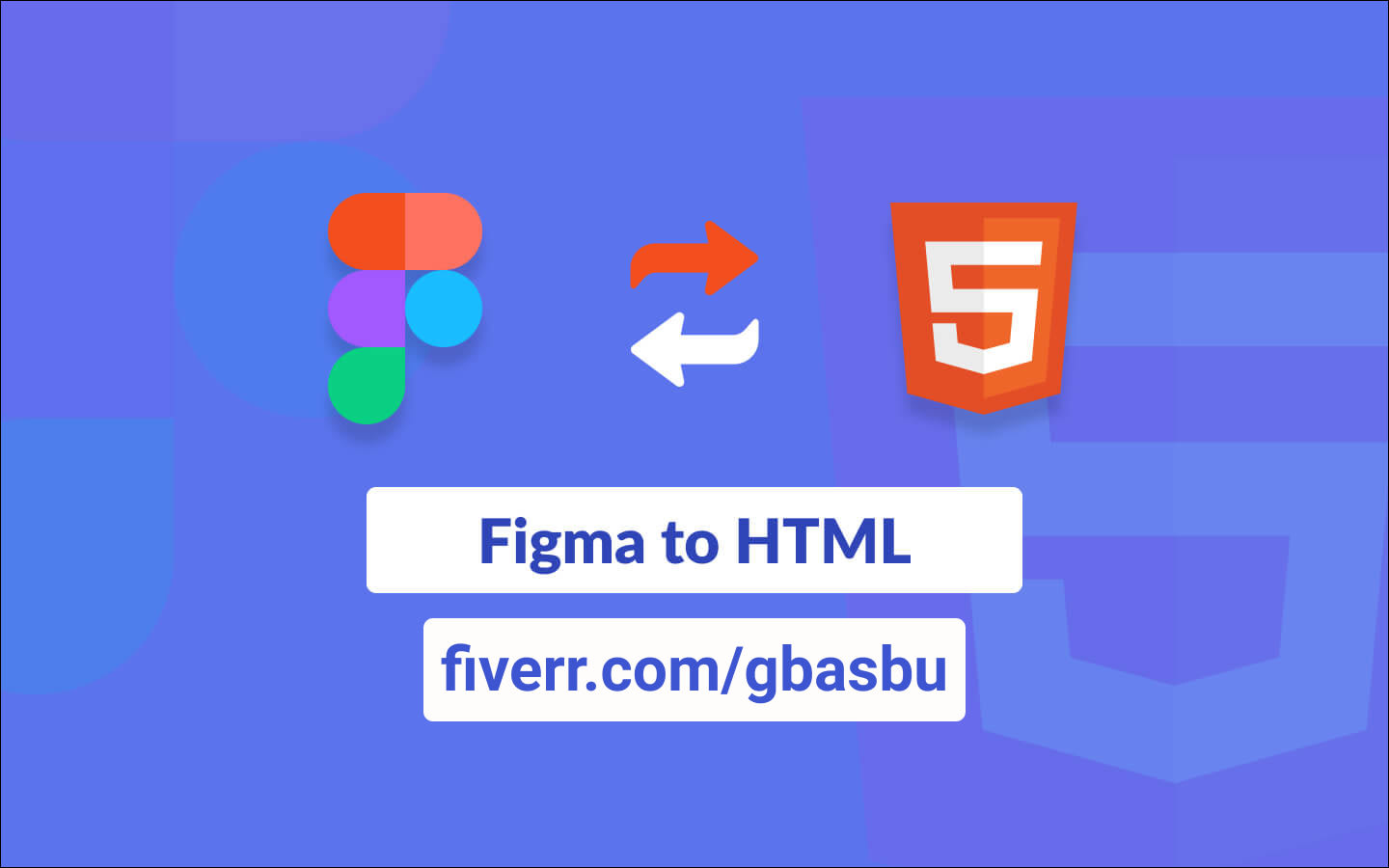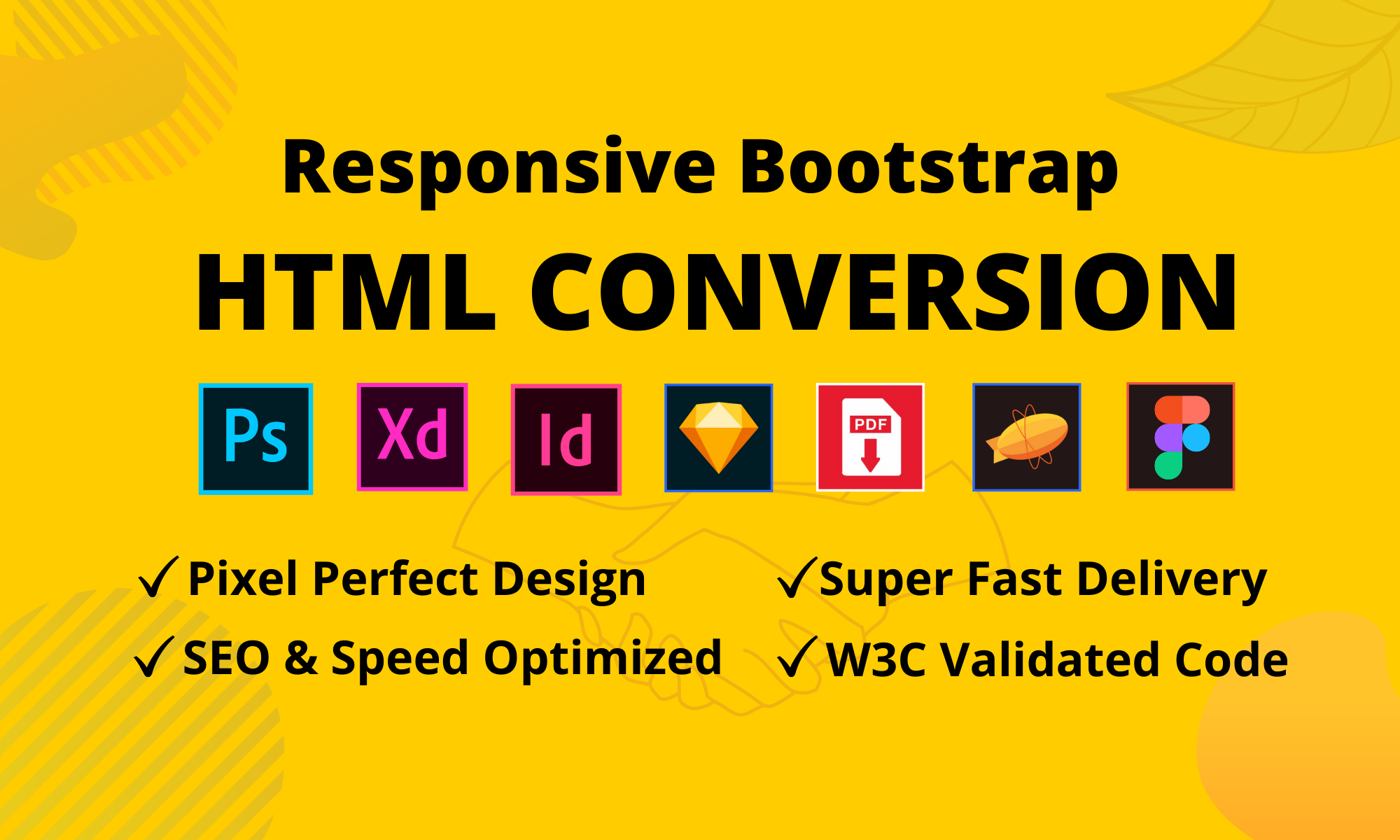

Now, things get a bit more intricate when it comes to the structure of a design. As we’ve mentioned before, you need an HTML file to go along with the CSS, and all the elements must be correctly referred to in both files. css file of your website, but that would not suffice for the style export.
Figma to html code#
You can take the code from there and paste it into the. It works regardless of your Figma plan or access level (available under the Can view access). If you don’t have the editor access to the Figma design project, you can copy the code from the Inspect tab.
Figma to html for android#
You click on an object of your selection and check under the Code tab, and there it is (in fact, you can also export the properties in XML or Swift for Android or iOS, respectively). We call it obvious because Figma provides the style properties for each element of the design project (you can find it in the right sidebar). It would be fair to start with the most obvious option, which would be finding the CSS of a design. How can you take these out of a Figma design project? There are options! We’ll go one by one. In other words, to create a website, you need to build things, to prettify them, and to add life to your product. What makes a website, if we simplify it to the very basics, is the structure, the style, and the logic behind how it all behaves. That clarified, let’s move on to converting Figma designs into code. If you paste the CSS of an element into the corresponding file of your future website, make sure you do likewise with the HTML and interrelate the files appropriately. Keep it in mind while copying the CSS code from a Figma design.


It doesn’t do that with the logic behind the elements. Figma provides the code only for such design properties as color, size, spacing, and so on.Even in Figma, you need at least a beginner-level understanding of HTML and CSS to assemble files of acceptable quality from the pieces you’ll be getting from designs. The farthest you can get without it is having fun experimenting. Editing any CSS, HTML, or any other code requires some solid background knowledge of that code.They won’t keep you waiting for long though! A few things you need to know before reading further: There are plugins you can try using, but the truly cool solutions are still on the way. TL DR: Getting CSS from a Figma design is all good, but the rest is trickier. Hopefully, that will help you find your perfect way of working with it. We’d like to review the tools people currently use the most (at least, according to what we read in the reviews) to show more of the picture. In short: all of them are only partially true. You may hear different opinions regarding code export in Figma: that this feature is the most helpful thing a layout designer could hope to have that it misleads the non-pro folks with promising a lot more than it actually provides you name it. So, how do you go about extracting HTML, CSS and Figma code export in general? We prefer calling them opportunities because, for most of the part, you’d have to try harder than you might expect to put together a decent-quality code file that would recreate your design in a website. One of the most valuable features it provides is code export options or, rather, opportunities. Figma is an online design tool famous for its convenience among UI/UX experts.


 0 kommentar(er)
0 kommentar(er)
